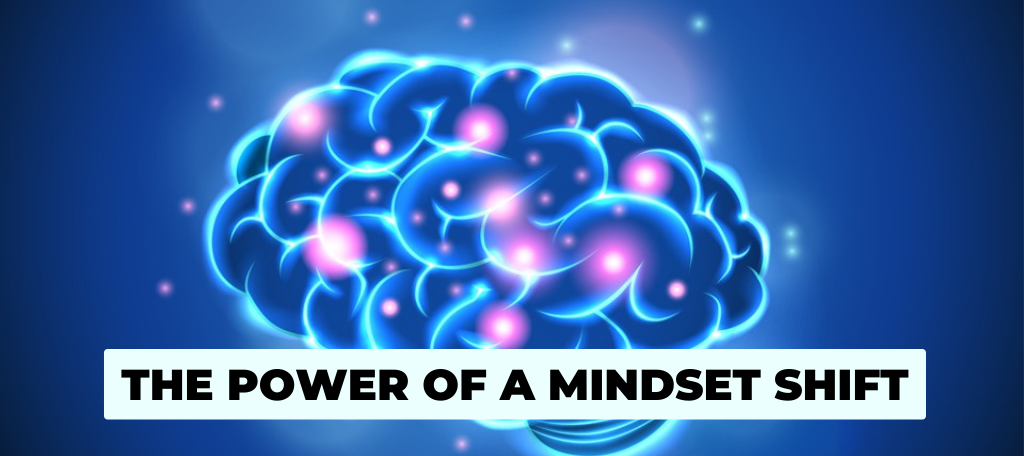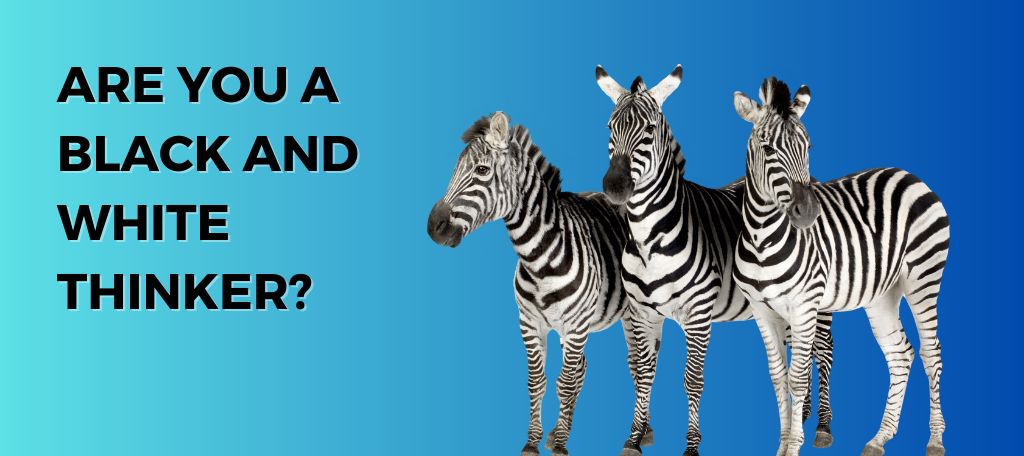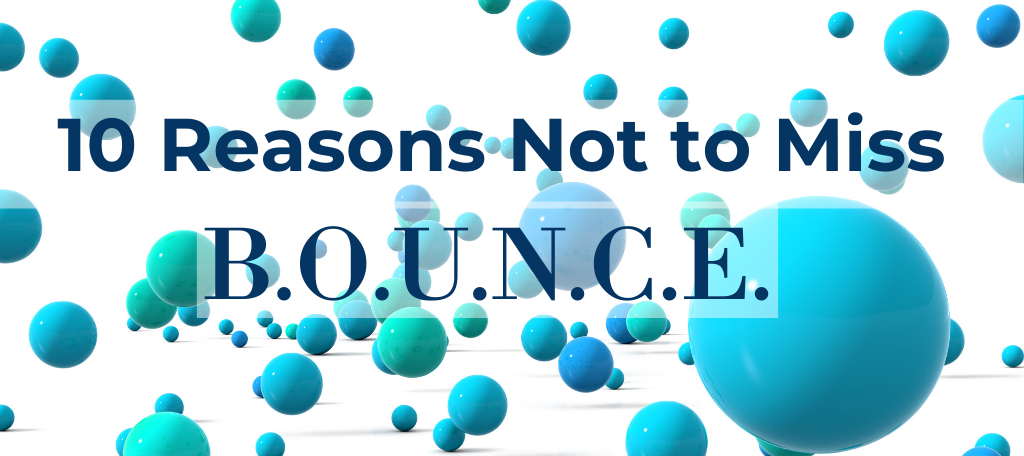Have you ever found yourself trapped in a situation, unable to see a way out? It’s a common human experience, but there’s good news – the ability to change your mindset can be your way out.
Think of your mindset as the lens through which you see the world. It’s comparable to the lens on a camera. Just as a lens can either distort or clarify an image, your mindset shapes your perception, influencing your actions and reactions. When you undergo a mindset shift, it’s like swapping out an old, scratched lens for a new, crystal-clear one. This fresh perspective allows you to perceive better, clearer, or different aspects of life. It doesn’t alter external circumstances, but it significantly affects how you interpret them and, consequently, how you respond. This shift in perspective and interpretation can lead to different choices and outcomes.
Changing Lenses: Shifting Your Perspective
Embracing a new perspective doesn’t mean abandoning your principles or convictions. Instead, it’s about granting yourself the mental flexibility to consider various factors and make more well-rounded decisions.
Our mindset plays a pivotal role in shaping our experiences in the world. Sometimes, however, our mindset can become limiting, particularly when cognitive distortions come into play. Cognitive refers to our thoughts and thinking patterns, while distortion signifies a skewed perspective on certain aspects and ideas. We all engage in cognitive distortions consciously and unconsciously, and how we engage in them provides insights into our underlying beliefs about ourselves, others, and the world.
Some common cognitive distortions include All or Nothing Thinking, Overgeneralizing, Minimizing or Magnifying, and Mental Filters. To explore a list of 10 common cognitive distortions and their descriptions, click here for the worksheet. Cognitive distortions and limiting mindsets, especially in complex environments where adaptability and nuanced understanding are essential, present several challenges. Here’s a breakdown:
- Reduced Cognitive Flexibility: Cognitive distortions can limit your ability to adapt to new information or perspectives. They can hinder critical thinking and stifle creative problem-solving.
- Hindered Emotional Intelligence: Cognitive distortions can affect your capacity to understand and manage emotional nuances, both in yourself and in others. Emotional intelligence is crucial for building relationships and working effectively in teams.
- Missed Opportunities for Growth: Skewed perspectives with a narrow focus can prevent you from embracing failure as a learning opportunity. This can foster a fixed mindset, which inhibits personal and professional growth.
- Impaired Decision-Making: In a complex world, many issues aren’t purely right or wrong but exist along a spectrum. A rigid mindset can result in poor decisions that fail to account for this complexity.
- Reduced Collaboration: A blurry perspective that leads to oversimplification can interfere with open dialogue, hindering effective collaboration. Others may be less inclined to share their thoughts if they anticipate an impractical view.
- Increased Stress: This approach can also raise stress levels. The confusion that persists from our own limited mindset can lead to emotional exhaustion over time.
By embracing a mindset that values flexibility, understanding, and complexity, we can navigate life’s challenges with greater ease and effectiveness. Remember, it’s not about abandoning your principles but enriching your perspective and making more well-rounded decisions.
Feel free to share your insights and join the conversation. Together, we can harness the power of mindset shifts for personal and professional growth.
Want more information on cognitive distortions and mindset shifts. Check out our course on building resilience: www.bounceclass.com.



